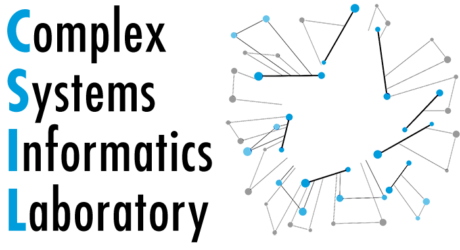The National Water-Economy Project has been subsumed by the FEWSION project.
The Mission of the U.S. National Water-Economy Project is to illustrate the role of water in the U.S. economy and society and to apply this information in partnership with governments, NGO’s, and corporations to create systematic solutions to 21st-century water scarcity problems.

The paper of record for the latest version of NWEP is:
Rushforth, R. R. and Ruddell, B. L.: A spatially detailed blue water footprint of the United States economy, Hydrol. Earth Syst. Sci., 22, 3007-3032, https://doi.org/10.5194/hess-
The current dataset can be obtained at:
Rushforth, R., B. Ruddell (2018). National Water Economy Database, version 1.1, HydroShare, found HERE.
The U.S. National Water-Economy Project has mapped in detail, for the first time, the complete hydro-economic network of the USA- that is, the blue water footprint including virtual water flows. We now have the necessary data to assess the economic productivity of water, the hydrological vulnerability and resilience of each community to drought, the water supply chain, and the aquatic ecosystem impacts of every county and community in the USA. This network connects cities and industries to distant resources and risks. This data provides actionable information to help municipalities and corporations optimize their environmental sustainability profile, manage resilience through diversification, and employ their water supply chains to drive positive changes in both local and national water resource sustainability.
The capabilities of the U.S. National Water-Economy Project are:
- Water/Energy/Food nexus mapping
- Water supply chain analysis and optimization
- Water productivity benchmarking
- Water Footprints and Urban Water Metabolism
- Water sustainability assessment
- Water conflict avoidance and mitigation
- Drought vulnerability and resilience; assessment and optimization
- Optimization and balancing of direct and indirect water supplies
- Intra-metropolitan and intra-regional opportunity identification
- Drought-adaptive water policy development
- Water investment decision making
- Green infrastructure investment targeting
- Aquatic ecosystem impact mitigation
- Water Economic Analysis
Contact
WANT TO BE INVOLVED?
Contact the Complex Systems Informatics Laboratory at the NAU School of Informatics, Computing & Cyber Systems if your passion lies in making a difference in the field of Informatics.
